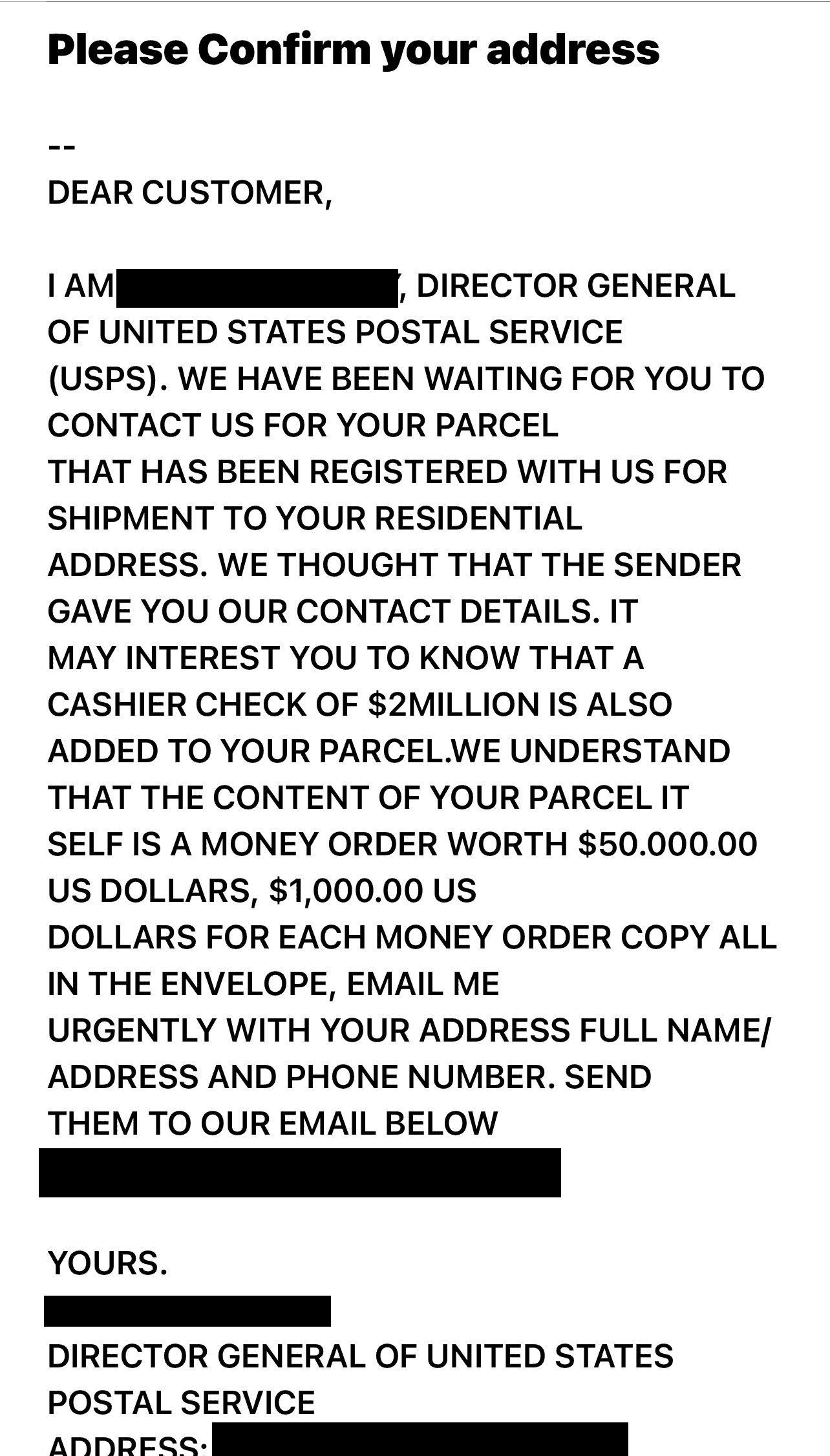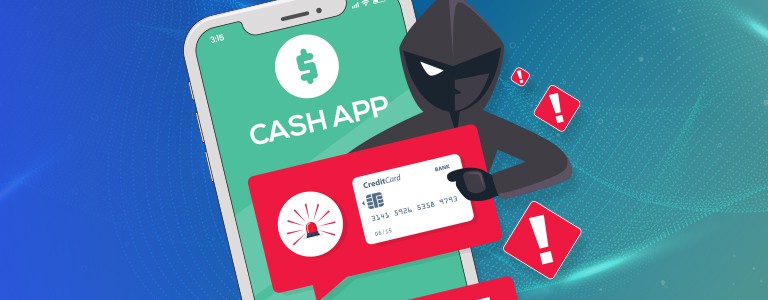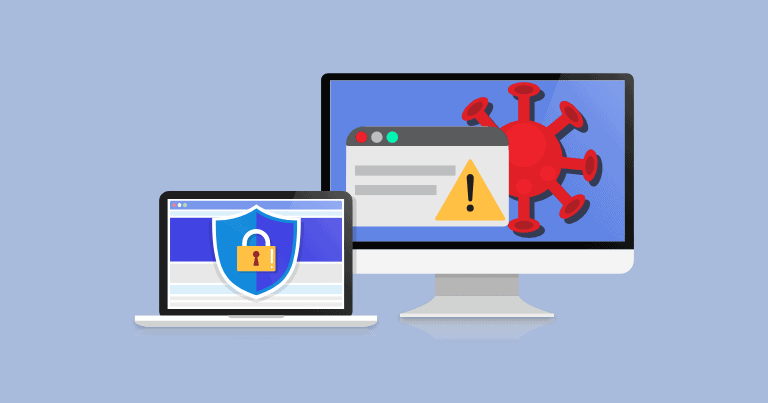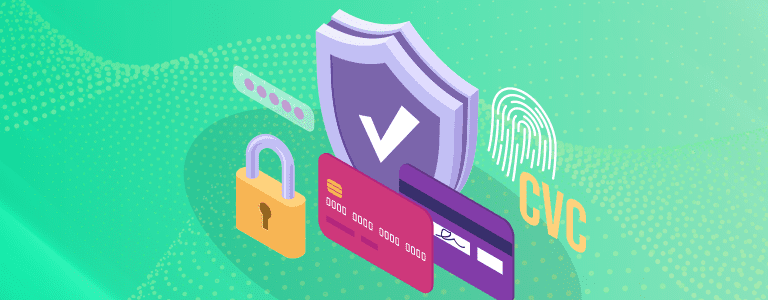Online privacy is a constant battle these days. We have to tell our browsers we don’t want to be tracked. We have to tell every website we visit that we don’t want their cookies. We even have to tell our internet service providers not to spy on us by flipping on our VPNs. If we do all that, and more, we can maybe surf in peace.
But what happens when a creep you crossed paths with on a random forum finds out who you are in real life and tracks down your physical address? That’s an invasion of privacy on a whole new level. It’s called doxxing, and it can get very ugly if you’re caught off guard. In this digital security guide, our online privacy experts will lead you through the basics of doxxing, including:
- What doxxing is
- Who gets doxxed and why
- Common types of doxxing
- Consequences of doxxing
- How to protect yourself and your family from getting doxxed
- What to do if you or someone you love has been doxxed
Doxxing IRL: In 2017, a SWAT team shot and killed a man in Wichita, Kansas, on a false tip over an online gaming feud. The man who called in the hoax got 20 to 25 years in the pen. Tragically, the victim of this ugly doxxing event wasn’t even the right guy. He just happened to be living in the house where the intended victim used to live.1
Fraudsters can’t get their hands on what they can’t see. NordVPN makes you invisible online, arming you with military-grade encryption for every web search, on every device.

What Is Doxxing?
The word “doxxing” actually comes from the world of black-hat (bad) hackers circa the 1990s.2 The worst thing a hacker could do to a fellow hacker back then was reveal their real identity online. They did this by uploading documents or “docs” with personal information about their victims and then making them public. The slang for this type of petty revenge was “dropping dox.” We know it now in its shortened form of “doxxing.”
Whatever you call it, doxxing is really just a very toxic form of cyberbullying. Its perpetrators, then and now, are unscrupulous cowards who prey on the defenseless. The only real difference is that the doxxing culture of the ‘90s has spilled out of small hacking communities and into our homes and workplaces. Today, anyone can fall victim to doxxing.
>> Learn More: Five Shocking Facts About Cyberbullying
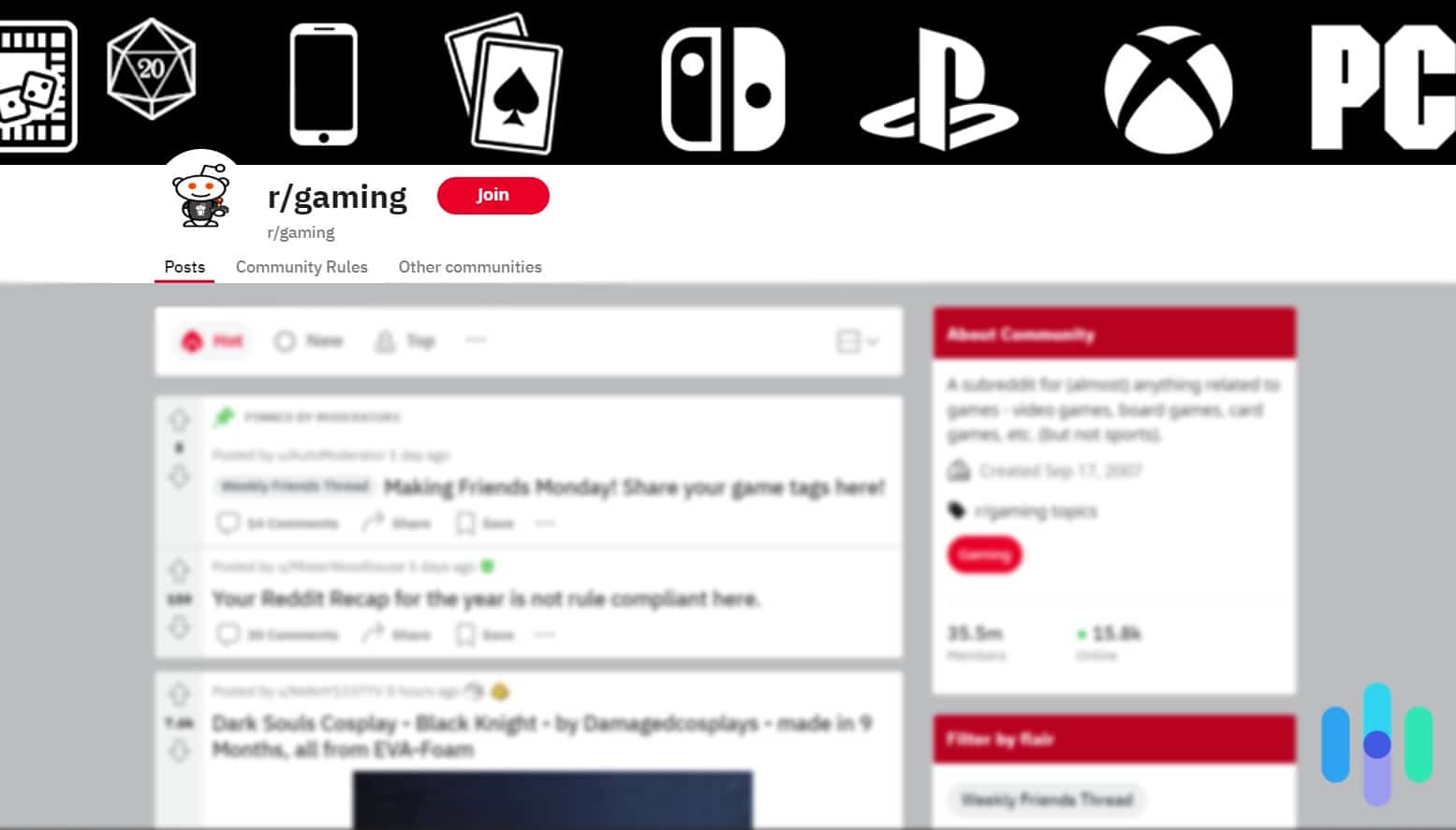
Granted, most of our identities are no secret these days. We post plenty of information about ourselves on our social media feeds. However, skilled doxxers can do a lot more than scrape our Facebook and LinkedIn accounts. They can mine data leaked onto the dark web or tap into public records and databases, gathering unlisted phone numbers, physical addresses, and more. The worst of the worst may even target our children, revealing where they go to school.
FYI: In a recent report on doxxing, 27% of respondents reported that they had either been the victims of doxxing or knew someone who had been doxxed.3
Who Gets Doxxed and Why?
Imagine if anyone you ever passed in the street and looked at funny could one day throw the switch that wrecked your life. Because that’s basically all you’d have to do to get doxxed. Harry Potter author J.K. Rowling got doxxed for something she said on Twitter.4 Pro-Palestinian students have gotten doxxed for their views.5 A few years ago, a kid in California even got doxxed for posting Instagram footage of a few shoplifters who presumably didn’t appreciate the publicity and took their petty revenge this way.6
>> Related: Is Social Media Ruining Your life?
The average doxxing victim, in other words, is anybody who does anything to irritate someone else. Which makes escaping doxxers nearly impossible unless you never say or do anything in public again.
FYI: Once doxxers have your info, they have to offload it. They typically use the dark web or anonymous forums and hate sites like 4Chan for this. They may also post your personally identifiable information (PII) on social media platforms like Facebook, Telegram, or Discord, tagging your family and friends to amplify exposure.
What Are the Most Common Types of Doxxing?
While anyone can fall victim to doxxing, our experts have broken down doxxing events into four general types: online feuds, real-life disputes, vigilantism, and financial scams.
The first three types we’re familiar with. You anger someone and they strike back by either harassing you directly or inciting harassment. All the examples above fit into one of those boxes.
The fourth type — financial scams — is a little different. For these scammers, doxxing is a business whose chief commodity is your sensitive details, i.e. Social Security numbers, credit card info, etc. Their marketplace is the dark web where downstream fraudsters purchase our information and use it to commit all sorts of financial fraud, including identity theft.
The best way to protect yourself from this type of doxxing is to ramp up your online security. We’ll outline the best ways to do that below.
Big Data Is Watching: In 2023, a Senate investigation revealed that Wisconsin anti-abortionists used location data gathered by the now-bankrupt data broker Near Intelligence to identify citizens who had visited 600 Planned Parenthood clinics. That information was then used to serve over 14.3 million anti-abortion social media ads.7
Consequences of Doxxing
It should already be clear that whether you’re getting bullied online or on your own front porch, doxxing is going to make your life difficult. Specifically, victims of doxxing may experience:
Mental Health Issues
When someone tramples on your privacy, expect a spike in stress and anxiety until the threat passes. For kids and teens, the anxiety could be particularly difficult to deal with. Depression and emotional trauma aren’t uncommon.
Reputational Damage
We generally leave sensitive information about ourselves at the office door. When doxxers expose us, it’s humiliating and can derail or even cancel our careers, even if the information isn’t true.
Did You Know: In 2017, after the Unite the Right rally in Charlottesville, Virginia, angry internet “sleuths” misidentified a University of Arkansas professor as a neo-Nazi. The ensuing harassment was severe enough that he had to move to a new house temporarily.8
Financial Loss
Identity thieves tend to get away with their crimes for months, if not years, because many of us don’t monitor our PII regularly. We’ll show you how to stay one step ahead of ID fraudsters down below.
Physical Threats
An online death threat is terrifying, but at least it’s just words. For victims of doxxing, on the other hand, those death threats can escalate from unhinged posts and messages to a lunatic showing up in their driveway with a semi-automatic weapon.
How to Protect Yourself and Your Family from Doxxing
To sum up what we’ve learned so far — anyone can fall victim to doxxing. Doxxers have ways of gathering and posting our most intimate details, including where we live. Victims experience high stress loads and possibly physical danger. Doxxing may also impact our jobs and result in financial loss.
Doxxing, in short, is horrendous. Here’s what we recommend you do so it never happens to you or your loved ones.
Be Savvy About What You Post
Carefully consider what you post online. Don’t share pictures of your kids or your house, for example. That’s just fodder for doxxers.
>> Guide: How to Remove Your House Photos Online
Limit App and Browser Permissions
Always check permissions when installing a new app and learn how to recognize a scammy privacy policy. Shady apps gather data about you and then sell it to data brokers. If your browser allows cross-site tracking by default, toggle it off in your settings. If your browser allows device fingerprinting, like Chrome,9 then maybe it’s time to find a more private browser.
Make Strict Privacy Your Default on Social Media Accounts
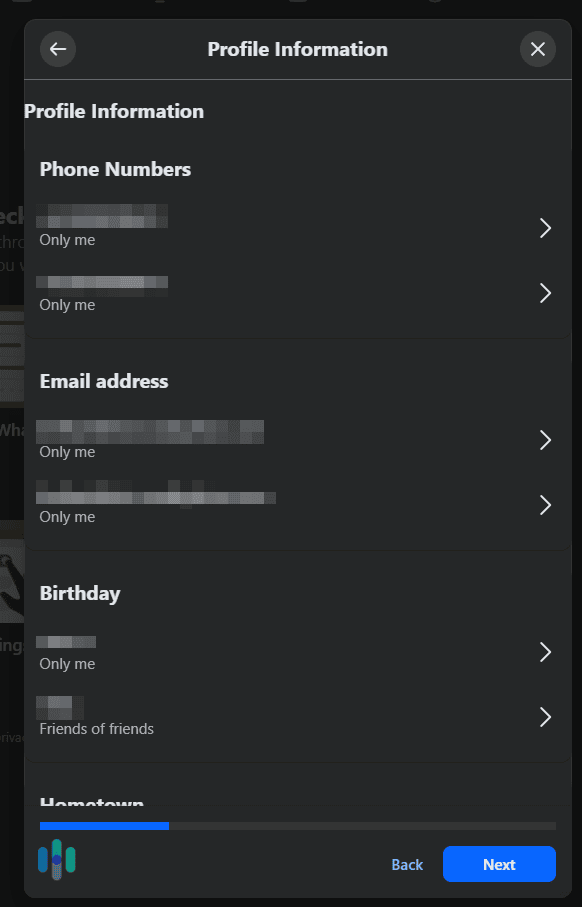
Make your social media accounts as private as possible, meaning only friends can see your posts and comments. If you’ve got kids, set up their profiles with them, warning them about posting confidential information.
Opt Out of Data Broker Websites
Websites like Spokeo and MyLife, and even the Whitepages, may contain information you wouldn’t want the world to know — your physical address, your place of work, and even the names of your associates and relatives. To preempt doxxers, you can opt out of these sites to remove your home address and phone number from their records.
You can do this manually on a site-by-site basis, and all you need to do is set aside some time. We’ve written guides on how you can opt out popular people search sites, including:
Another option is to use a paid, automated data removal service such as Incogni or DeleteMe, both of which can remove your data from hundreds of data broker sites.
>> Compare: Incogni vs. DeleteMe
Incogni scours databases and sends automated requests to data brokers to delete you from their records so fraudsters can’t find you.

Use a VPN
Doxxers can use our IP addresses for many things, including gathering more information about us. The best way to make sure they can’t is by using a virtual private network, or VPN. A VPN hides your location by sending your internet traffic through an encrypted server with a separate IP address. It also scrambles everything that passes through a secure tunnel that it creates between your device and the server, so crooks can’t spy on or steal from you.
Pro Tip: The best VPNs, like Surfshark and NordVPN, throw in password managers and malware protection with their premium plans. Some, like Norton and Aura, even have plans with identity theft protection.
>> Read More: The Best Antivirus/VPN Bundles We Tested This Year
Use a Password Manager
Doxxers won’t flinch from hijacking your accounts wholesale, so make sure your passwords are doxxer-proof. The best way to do this is NOT to think of one super complex password, write it down on a sticky note, and use it for all your accounts.
Instead, our security experts recommend using a quality password manager that generates and stores unique, complex passwords for each of your accounts and syncs those passwords across all your devices.
>> Test Your Passwords: Take Our Password Strength Test
Invest in Identity Theft Protection
Last, but definitely not least, if you really want to batten down your data, use a reputable ID theft protection service. ID theft protection throws a secure net around all the information doxxers typically target to harass you. If a creep accesses your PII to commit financial fraud or set up a fraudulent account in your name, you’ll know ASAP. There are many ID theft services that get the job done. Our personal favorites are Norton Lifelock and Aura.
Spotlight on Kids and Teens: Kids are identity thieves’ favorite targets. That’s because, for at least 18 years, no one’s been checking their credit. These are the top ID theft protection plans for families we recommend to protect them.
What to Do If You or Someone You Know or Love Has Been Doxxed
You took the necessary precautions. You fortified your online accounts, you paid attention to privacy, but somehow you or someone you know has been doxxed. What should you do now?
- Document everything. Take screenshots and keep records of everything that happens. You can use this as evidence if law enforcement gets involved.
- Contact the websites involved. If the doxxer leaked information through a social media platform, forum, or website, you can report it directly to the site. If they’re legit, they’ll make sure your information gets deleted.
- Get law enforcement involved if necessary. The aftermath of doxxing may include stalking, threats, and blackmail. If anything like this is happening to you, contact law enforcement immediately.
- Go on a social media blackout. Suspend or delete social media accounts, especially those linked to the leaked information, to protect yourself from online harassment.
- Plan your next steps. Once you’re out of the danger zone, you want to prevent further damage. If you have ID theft protection, talk to their fraud remediation team to find out how your details were exposed. We also recommend putting a temporary freeze on your credit. Victims of doxxing are more likely to experience identity theft.
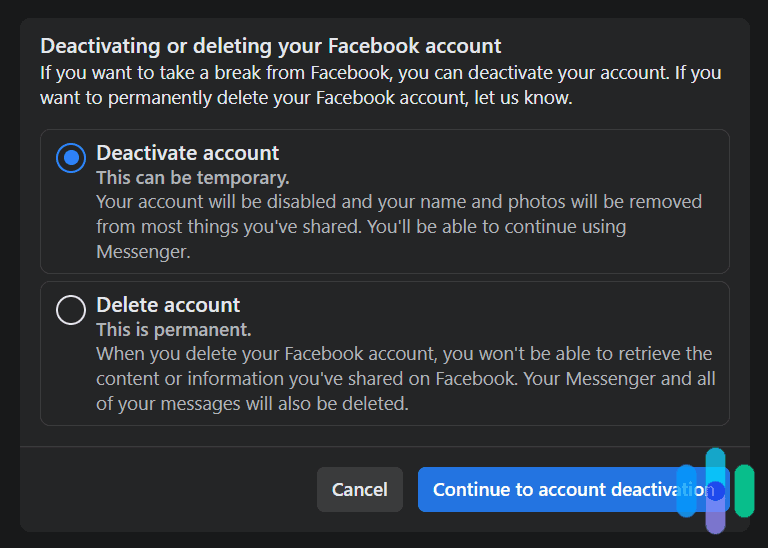
Final Thoughts on Doxxing
Like its cousin identity theft, doxxing is one of those experiences we wouldn’t wish on our worst enemies. Getting doxxed is extremely stressful and often humiliating. In the worst cases, doxxing can lead to financial fraud and even physical violence. But it’s also preventable — as long as you’re proactive and don’t have the mentality that it can’t happen to you. Because it can.
First, if you’re already privacy-minded, ratchet up those privacy instincts. Toggling on extra browser privacy features and being mindful of what and where you post isn’t paranoid, it’s good digital hygiene.
Then, pick up that VPN you’ve been meaning to get. Some of the best VPNs are actually cheap. Finally, consider a data removal service and/or ID theft protection. They both cost a few bucks per month, but they’re the most effective way to nip doxxers in the bud.
FAQs
-
Can I get doxxed?
Anyone can get doxxed. But if you limit the information you share about yourself online, and avoid online disputes, you’re making yourself a harder target for doxxers.
-
Is doxxing a crime?
Generally speaking, doxxing is not illegal if the perpetrator obtained the information through legal means. That said, almost every legitimate social media platform prohibits doxxing, regardless of how the information was obtained.
-
Should I contact the police if I’ve been doxxed?
If someone is threatening or stalking you, you should contact local law enforcement immediately.
-
Is doxxing a form of identity theft?
No. Doxxing involves releasing private information to the public, whereas identity theft usually involves stealing or illegally obtaining private information to commit crimes like credit card and insurance fraud. However, doxxing can result in identity theft, and identity theft can result in doxxing, so we should watch out for both.
-
Are children at risk of doxxing?
Yes, they are. For children, doxxing can involve simple cyberbullying or, in the worst cases, extortion and blackmail at the hands of organized bad actors.10


